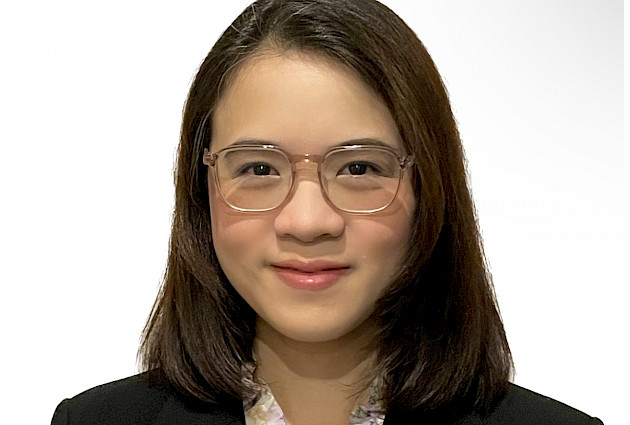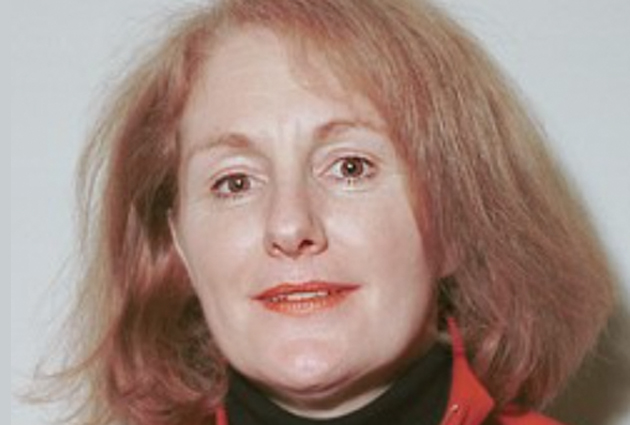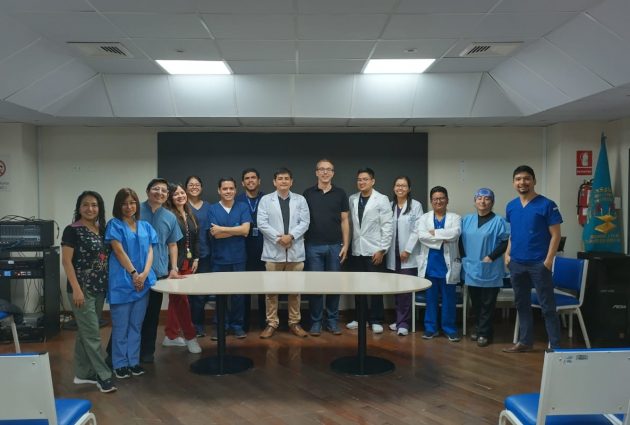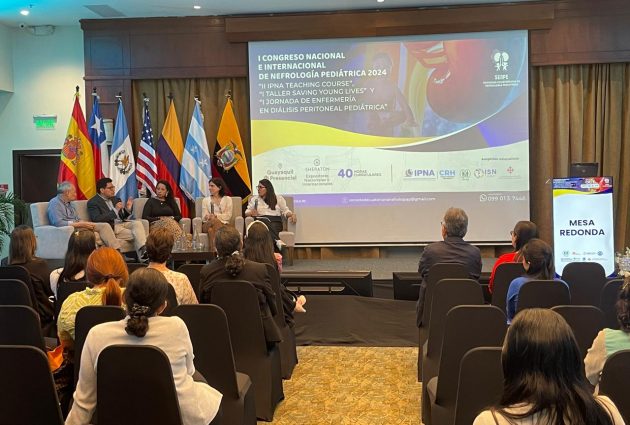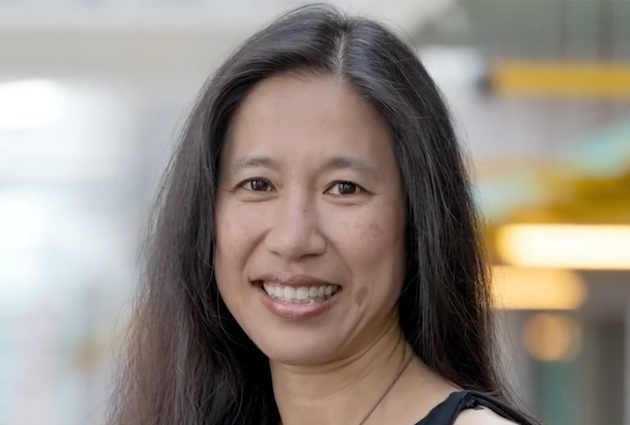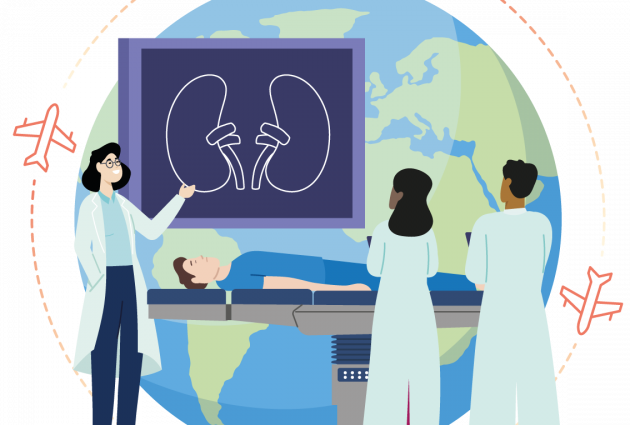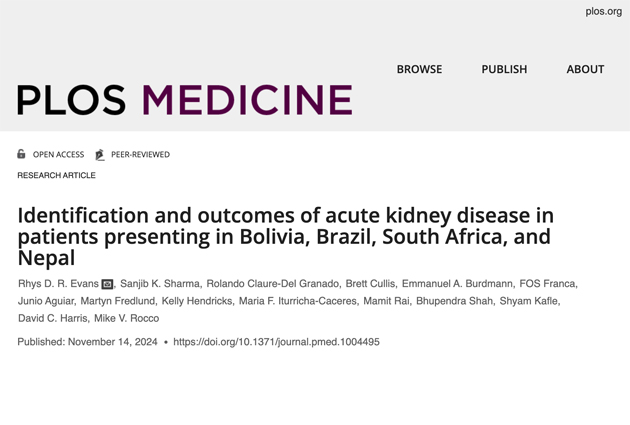KCN Bolivia celebrates successful visit in La Paz with Bolivian National Kidney Health Program
Dr. Rolando Claure Del Granado, Kidney Care Network (KCN) Project Lead in Bolivia, joined Dr. Raúl Plata, Regional Councilor of the Latin American Society of Nephrology and Hypertension (SLANH) at the Ministry of Health in La Paz on September 10th to meet with Dr. Adolfo Zarate, Head of the National Kidney Health Program and his team.
They presented data findings from the KCN project in Bolivia, and made the case to improve acute kidney injury (AKI) guidelines nationwide and get support for more training of Bolivian healthcare workers in kidney disease care.
Such national advocacy efforts are part of the next phase of the 0by25 initiative, called the Kidney Care Network project, which implements certain interventions identified and proven as impactful by the 0by25 Pilot Feasibility Study into routine clinical care in selected sites in Bolivia, Nepal, Brazil and South Africa. This is done to improve the standard of care in acute kidney injury detection and management in these countries in a way that is appropriate and sustainable in the local setting.
The KCN Bolivia site in Cochabamba launched last August 2018. After two AKI training sessions of 136 healthcare workers in the region, this Bolivia site has identified, treated and collected data on 446 AKI patients in the region.
The September visit in La Paz was very well received by the National Kidney Health Program. They were impressed with the results and cost-effectiveness of education and prevention programs for a renal disease like AKI. They are now working with Rolando and ISN leaders to improve Bolivia’s AKI guidelines, and to invest in diagnostic equipment like Point-of-Care (POC) devices to use throughout the country.
A second follow-up visit with the National Kidney Health Program and Minister of Health is planned for November 2019.
In the meantime, the Bolivian KCN team is working on developing a Mobile App to facilitate diagnosing for healthcare workers, and they’ll begin collecting data of pediatric patients.





